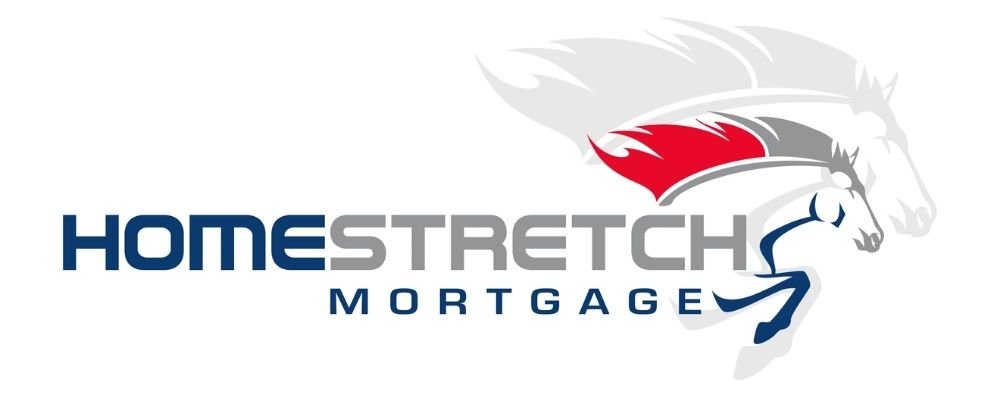
FAQs
Here at Homestretch Mortgage, we understand how scary and confusing the application process for a mortgage can be. We get asked many of the same questions throughout the loan process with each client. Below, you’ll find answers to many of your questions. If there is anything not listed below, don’t hesitate to contact us!
What does the typical home buying process look like?
This chart described the flow from pre-purchase to homeownership! If you have any questions or you are ready to start the path for yourself, give us a call or apply online today!
-
Not necessarily, but it will help. You can obtain a mortgage with a FICO score as low as 620. You can also obtain a high-cost FHA mortgage with a credit in the 500s. Over time, you will end up paying a whole lot of interest on your mortgage if you have low credit, however, it is still possible to obtain a mortgage.
-
In short, you can get a conventional mortgage with just 3% down, an FHA loan with 3.5% down, and a VA or USDA loan with no money down at all. Ask us for more information on down payments!
-
Closing costs are the charges that need to be paid before your loan is complete. They typically include orientation fees, title insurance, prepaid escrows, etc.
The cost can vary, but you can generally expect to pay around 2% to 3% of the home’s price.
-
This is generally answered on a case-by-case basis, but we’ll give you an idea of what most people choose nowadays.
When interest rates are low, a fixed-rate mortgage is a good decision financially. Today, due to the low interest rates, most mortgages are fixed-rate. We’re seeing only about 3% choosing adjustable-rate loans.
With that being said, while a fixed rate is best for most homebuyers, there are some situations where it’s not best for all. For example, if the homebuyer expects to resell the house before the fixed-interest rate period, they may end up paying thousands of dollars.
-
When someone locks in their interest rate, that means they’re guaranteed today’s mortgage interest rate for a predetermined period. That predetermined period is usually 30 to 60 days. If interest rates have been trending upward, it’s a good idea to lock in the rate.
-
There are several options of mortgages to choose from. A conventional mortgage is harder to qualify for because you need a great credit score. If you have a lower credit score, an FHA loan is the best option however, it can be costly. If you’re a veteran, a VA loan is most likely the best option for you. And if you choose to buy a house in a rural area, a USDA mortgage could give you a no-money-down option. Contact us for more information on each option!
-
Yes, on a VA loan. The seller must pay for this.
-
A conventional loan is a loan that is underwritten to be sold to Freddie Mac or Fannie Mae. We must adhere to their guidelines. That is where you will get the fixed rate, low rate products. A portfolio loan is almost always used when the loan will not fit into Freddie/Fannie “box”. Typically, this will be an ARM loan with a bit of a higher rate.
-
No. Cash is not an acceptable source of funds for closing. The borrower can place them in their bank account greater than 2 months ahead of time. When we collect 2 months of bank statements, we cannot see a deposit of that money.
-
No. A seller can help pay closing costs, but cannot contribute to their down payment.

